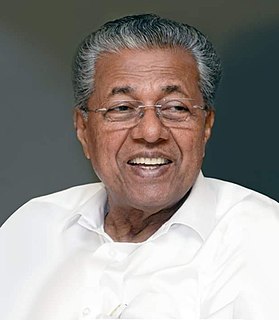A Quote by Gore Vidal
Yet in a society of conflicting interests the only democratic way in which matters can be improved is through politics, and politics means the compromising of extremes in order to achieve that notorious half loaf which the passionate and the outraged never find sufficient.
Related Quotes
Of course, in the reality of history, the Machiavellian view which glorifies the principle of violence has been able to dominate.Not the compromising conciliatory politics of humaneness, not the Erasmian, but rather the politics of vested power which firmly exploits every opportunity, politics in the sense of the "Principe," has determined the development of European history ever since.
The ultimate aim of politics is not politics, but the activities which can be practised within the political framework of the State. Therefore an effective statement of these activities - e.g. science, art, religion - is in itself a declaration of ultimate aims around which the political means will crystallise... a society with no values outside of politics is a machine carrying its human cargo, with no purpose in its institutions reflecting their care, eternal aspirations, loneliness, need for love.
The belief that politics can be scientific must inevitably produce tyrannies. Politics cannot be a science, because in politics theory and practice cannot be separated, and the sciences depend upon their separation. Empirical politics must be kept in bounds by democratic institutions, which leave it up to the subjects of the experiment to say whether it shall be tried, and to stop it if they dislike it, because, in politics, there is a distinction, unknown to science, between Truth and Justice.
We never deal with propaganda. We never deal with politics. We never deal with newspaper headlines. We deal with the harsh realities of our lives. We will only comment when there is more bread to eat, more space in which to move, time in which to open your mouth and sing. As long as these things have not happened, we do not talk about politics.
We don't want to impose our solutions by force, we want to create a democratic space. We don't see armed struggle in the classic sense of previous guerrilla wars, that is as the only way and the only all-powerful truth around which everything is organized. In a war, the decisive thing is not the military confrontation but the politics at stake in the confrontation. We didn't go to war to kill or be killed. We went to war in order to be heard.
The word revolution itself has become not only a dead relic of Leftism, but a key to the deadendedness of male politics: the revolution of a wheel which returns in the end to the same place; the revolving door of a politics which has liberated women only to use them, and only within the limits of male tolerance.





































